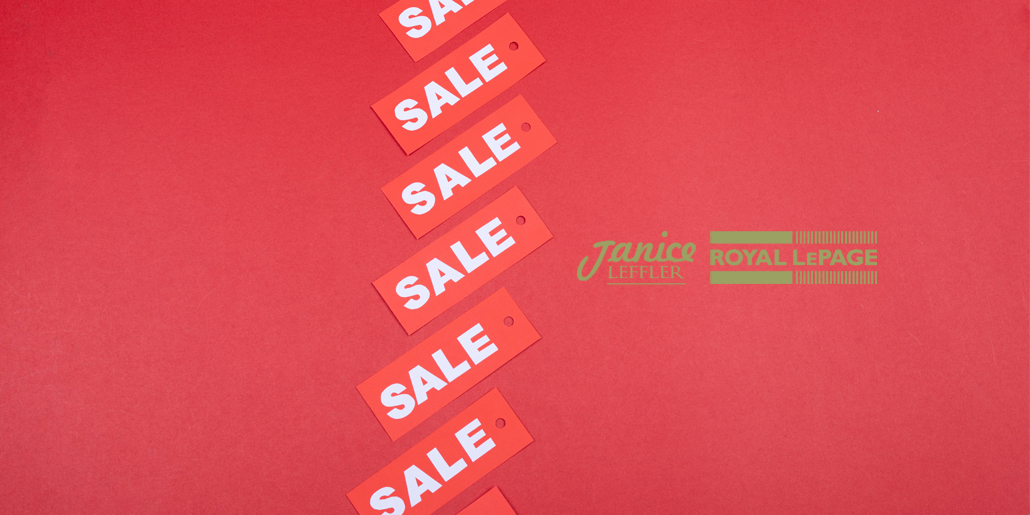The Difference Between Being Pre-Qualified and Pre-Approved
After eight successive rate hikes, the Bank of Canada held its benchmark policy rate steady to 4.5% in March 2023. Since then there has been another increase and might be more. As a result, some Canadians may be ready to reassess their home-buying plans. This might require some mortgage shopping.
Pre-qualification and pre-approval are common terms you’ll hear in the mortgage space. Both options can be a helpful first step toward securing a mortgage loan. There are some distinctions between mortgage pre-qualification and mortgage pre-approval that are critical for borrowers to note.
What is a mortgage pre-qualification?
Pre-qualification can be a preemptive step in the home-buying process. It is meant to help borrowers get a feel for the loan amount they might be able to secure. It’s typically a brief process that involves going over the borrower’s financial situation.
Pre-qualification is a very casual calculation. It is usually verbal. There is no application, and no third party is checking it. The lender may perform what’s called a “soft credit inquiry”, which does not affect the borrower’s credit score. Since it’s simply a rough estimate, pre-qualification doesn’t guarantee the borrower will be approved for the loan amount quoted down the line.
What is a mortgage pre-approval?
Pre-approval is a much more formal and lengthy process. It requires a comprehensive review of income, debts, and assets. Unlike pre-qualification, it calls for a “hard credit inquiry,” so it can temporarily lower your credit score. It’s a full-fledged mortgage application. You will be taking in to your bank all your documentation, ie pay stubs, and savings account statements. The bank will pre-approve you for a loan amount. The approval is usually good for three or four months.
Which option is right for you?
Generally speaking, it’s best to go the pre-approval route if you are serious about your home-buying plans. Getting pre-approved can give buyers an advantage in a competitive housing market. As well, it allows borrowers to lock in a more desirable loan amount in an uncertain rate environment. That said, there are circumstances in which pre-qualification is the better option:
● If the borrower is simply sizing up their options
● If the borrower isn’t planning to purchase for a number of months, or
● If the borrower has concerns about their credit score.
In any case, whether you opt for pre-qualification or pre-approval, prospective home buyers should work with an expert to assess which option—pre-qualification or pre-approval—is right for them. On a cautionary note, borrowers shouldn’t hold information back when dealing with a mortgage broker. Buying a home is a big transaction. It is important to give as much information as you can to your lender. In the end, it will give you a better result.












Leave a Reply
Want to join the discussion?Feel free to contribute!